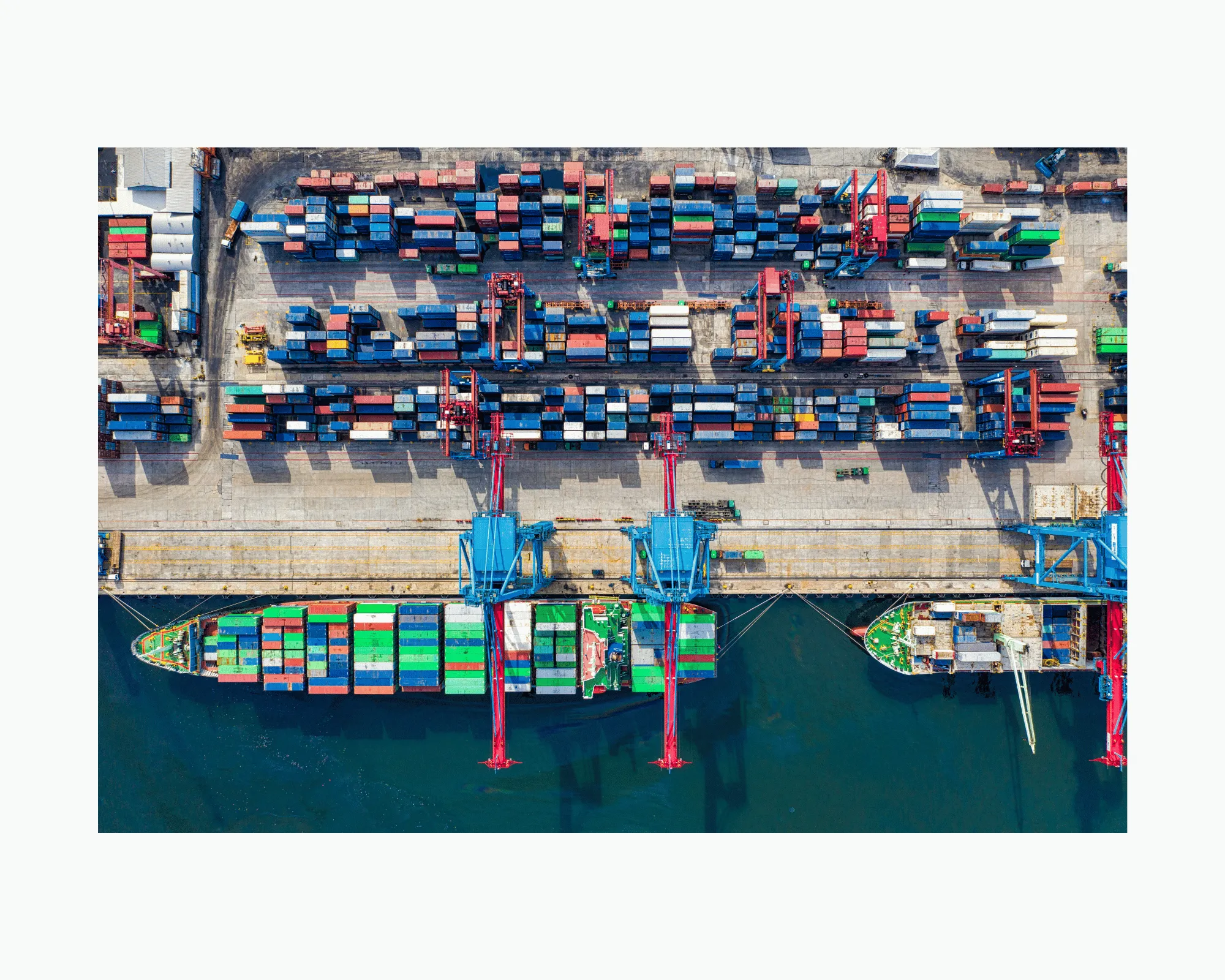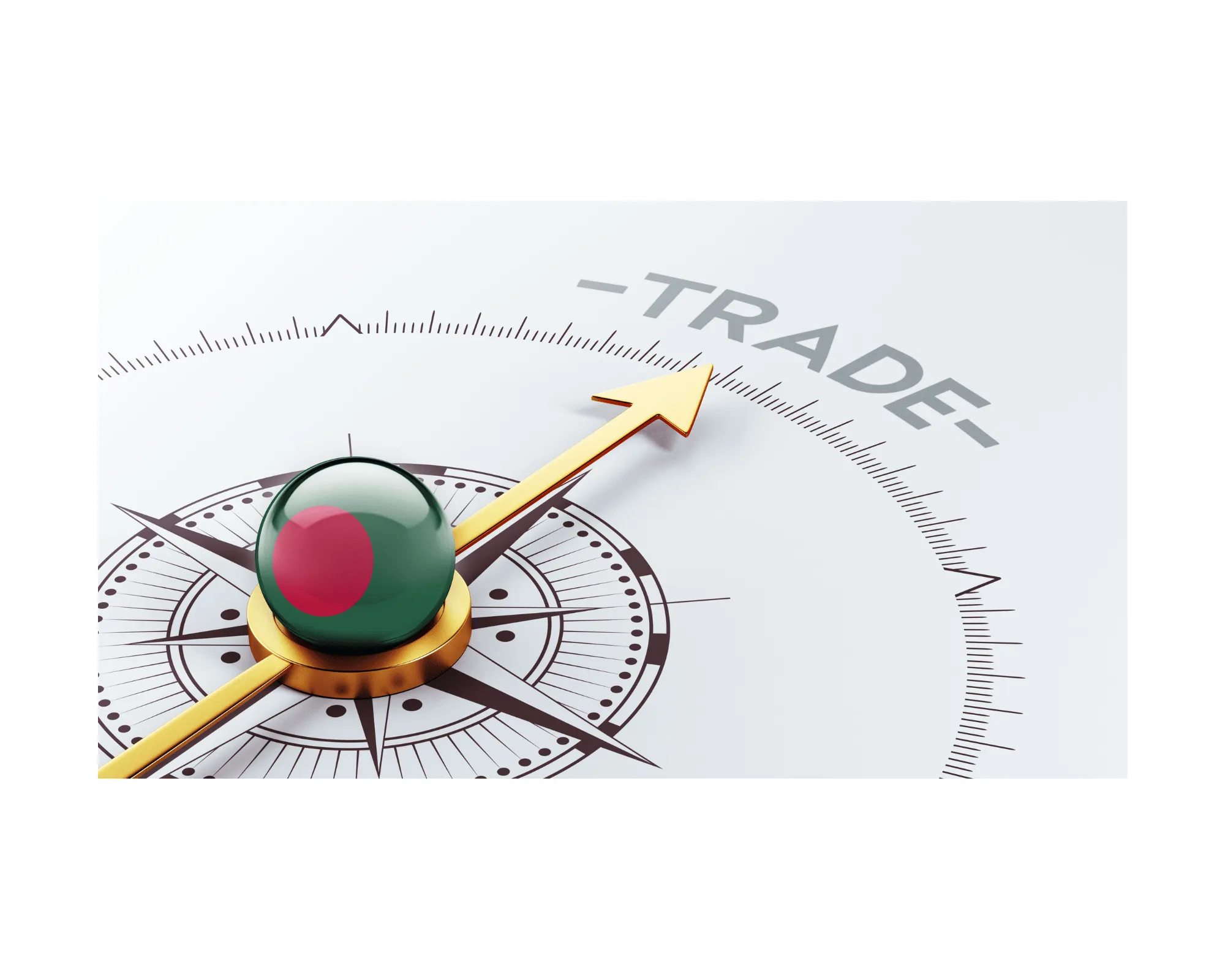Trade protectionism
Trade protectionism is the attempt by the domestic government to limit imports from foreign competitors or promote domestic exports to other nations. Policymakers achieve these goals by creating protectionist policies that create barriers to international trade. These policies include protectionist measures against foreign competition that impose import quotas or tariffs to effectively create higher prices on imported goods. There are many economic and political arguments both for and against trade protectionism and all nations employ at least some trade barriers. Yet, international trade worldwide has increased steadily over the last few decades, increasing the degree of interconnectedness between nations across the world economy.

Commonly used tools for trade protection
Tariffs are taxes placed on imports from foreign markets. These taxes increase the price of imported goods relative to the price of domestic goods.
Quotas are restrictions on the quantity of foreign goods that can be imported into the domestic economy. Quotas create scarcity of imported goods, raising their price relative to the price of domestic goods.
Subsidies are payments from the government to the producers of domestic goods. Subsidies lower the total cost of domestic production, lowering the price of domestic goods relative to imported goods.
Exchange rate controls are policies that purposely lower the value of domestic currency relative to foreign currencies by manipulating foreign exchange rates. Foreign consumers must exchange their currency into the domestic nation's currency to purchase domestic nation exports. Domestic consumers must exchange their domestic currency into foreign currency to purchase foreign nation imports. Making the domestic currency less valuable relative to foreign currencies increases the price of foreign imports relative to domestic exports.
The arguments against trade protection
Economists point out that the political economy of international trade is complex. There are important economic and non-economic reasons for either promoting or preventing market interventions on liberal trade when designing a country's economic policy.

Greater prosperity and growth in the domestic economy
Specialization and exchange promotes both prosperity and consumer choice. Through international trade, each nation in the global economy can specialize in producing those goods for which they have a production cost advantage. This creates opportunities to exchange some of these goods for different goods that other countries have produced according to their own comparative advantage. This maximizes the efficiency of producing consumer goods with the productive resources available in the domestic economy, thereby maximizing economic growth. This also allows consumers to enjoy a larger market basket of more divers goods for the same level of gross domestic product (GDP) than they could enjoy under self-sufficiency.
Improved Risk Management
Diversification of potential trading markets decreases the risk of doing business. For example, having access to a larger set of international consumer groups makes it less risky for a domestic firm to financially commit to a larger scale of production. This lowers unit production costs for both domestic and foreign sales, which increases the domestic nation's natural comparative advantage without having to sustain artificial market distortions.
Better relations between countries
International trade promotes stronger political and cultural relationships across nations that promotes peaceful relations. Economic interdependence between trading partners increases business connections that can promote mutually beneficial political and cultural exchanges between nations. Further, a greater dependency on preserving opportunities for trade are likely to discourage future potential conflicts between trading partners.
This was the basis for promoting more open trade opportunities between the U.S. and the rest of the world during the 1980s. The term "Washington Consensus" was coined after an agreement was reached between the International Monetary Fund (IMF), the World Bank, and U.S. Department of the Treasury to facilitate free market exchanges across nations. Today, the term infers that greater opportunities for free trade between nations promotes both political stability and prosperity.
The arguments in favor of trade protection
Protecting emerging and declining industries
The field of international economics also produces many important economic and non-economic reasons for maintaining trade protection efforts that can protect emerging and declining industries in the domestic economy.

Sunrise industries, also known as infant industries, are recently developed sectors of the domestic economy that are based on novel production techniques or goods exploiting innovative technologies. These emerging industries have not yet established a foothold in the domestic economy and are relatively more fragile in the face of competition. Examples include recently developed markets for artificial intelligence applications or high capacity, fast-charging batteries.
Sunset industries, also known as declining industries, are legacy sectors that are becoming increasingly inefficient relative to foreign producers, or are steadily losing market share as they fall out of favor with domestic consumers. If the capital and labor resources employed in these declining sectors are specialized, they will struggle to be absorbed by other domestic industries. Examples include newspaper and magazine publishers being replaced by on-line media outlets, or the U.S. steel producers unable to match the lower production costs of Chinese steel producers.
Protecting true comparative advantage in global trade
Trade dumping occurs when foreign governments heavily subsidize the production costs of their own industries that export goods. They are imported to the domestic economy at prices that are lower than domestic producers. However, the lower prices are not the result of comparative advantage in production. For example, both Russian and Chinese steel producers have been accused of receiving significant financial subsidies from their respective governments to increase their market share of global steel trade.
Exchange rate manipulation occurs when foreign governments use their nation's banking system to successfully devalue their own currency relative to those nations which buy their exported goods. This action achieves a similar effect of import goods having relatively lower prices than domestic goods. For example, China was recently accused of devaluing its own currency relative to the currency value of its Western European and U.S. trading partners.
Protecting strategic industries
Strategic industries are those market sectors that a government considers to be vital for sustaining the domestic economy or national security during unforeseen times of extreme duress. Examples include specialized capital or technologies that are essential to maintaining military capabilities or critical medical applications. Targeted trade protectionism ensures an adequate domestic production capacity of vital goods during any unpredictable or catastrophic events.
International trade: a double-edged sword
The complication of pursuing trade protectionism is that it can both help and harm consumers. The motivations behind such economic policies can be to promote both the public interest and the private interests of businesses.
On the one hand, trade protectionism can achieve benefits that unrestrained free trade cannot. This was directly illustrated by the recent Covid-19 pandemic, which exposed United States dependency on Chinese producers of vital, basic healthcare equipment for hospitals. When China diverted nearly all of its production to its own domestic markets, this disrupted the global supply chain, making U.S. consumers more vulnerable to the disease. Increased specialization of production by foreign producers placed the American consumer at greater risk.
It also indirectly revealed how any one nation's threat to withhold trade for large amounts of vital goods can negatively shift the balance of political influence between the trading partner nations. This credible economic threat is produced by pursuing unrestrained international trade and potentially creates a zero-sum game where the belligerent nation can then achieve non-economic objectives at the expense of a vulnerable nation. The actions of China and Russia over the last decade call into question the perspective of the Washington Consensus.
On the other hand, unrestricted international trade can create a positive sum game of increased consumer welfare for both trading partner nations. When nations pursue free trade agreements that minimize trade restrictions between their economies, this promotes this promotes prosperity and economic growth through specialization and exchange.
Trade protectionism can be employed by specialized interests seeking private gains at the expense of consumer welfare. Indeed, the number of lobbyists asking the U.S. government for maintaining or adding new trade restrictions increased by more than 50% over the last decade. This is common across all potential trading partner nations, and many have joined the World Trade Organization (WTO), which has the mandate to preserve free and open trade in the global economy, to help nations use trade as a means to "raise living standards, create jobs and improve people’s lives."
Ultimately, the potential benefits and costs of trade protectionism must be carefully weighed against the benefits and costs of unrestricted international trade.


